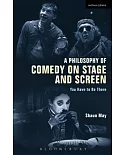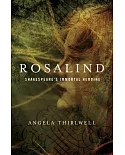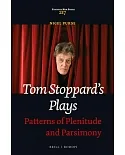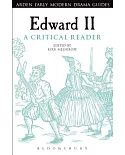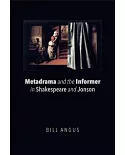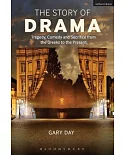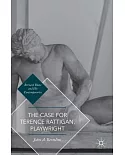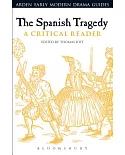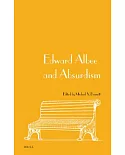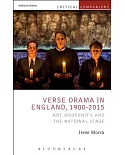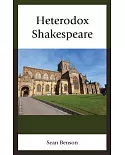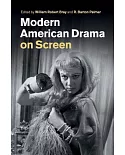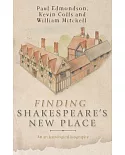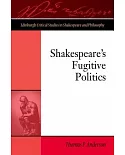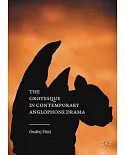These ten original essays on English drama from Tudor times to the present were first published in 1977. Each is written by a former member of the Cambridge English Faculty. Each author has an
individual approach and makes a fresh contribution to the study of dramatic form seen in a changing historical setting. There are essays on genres, on individual playwrights and on social
conditions affecting the development of the drama.
Richard Axton discusses transformations of medieval folk drama in the Tudor interludes and shows how native traditions guided the English adaptor of La Celestina for the stage. Marie Axton
argues that the demands of patrons for criticism as well as compliment diversified the forms of Tudor mask: entertainments more closely related to engaged Elizabethan political drama than to
the flattering Jacobean masques. Alchemy, Leo Salingar maintains, is the latent subject of Volpone and he shows how Jonson used the theme to adapt the comic traditions of Aristophanes and
Lucian. Anne Barton explores the decline of the history play in the Stuart period and relates Ford's Perkin Warbeck to a group of politically audacious post-Shakespearean plays of heroic
pretenders. Milton's debt to seventeenth-century psychological theory is traced by Mary Ann Radzinowicz, who argues that in Samson Agonistes he made a major contribution to the theory and
practice of 'affective tragedy'. Richard Luckett defines the origins and progress of English 'dramatick opera' as a form distinct from the Italian lyric drama which finally suffocated it, and
he assesses the cultural loss of a native operatic tradition. Howard Erskine-Hill reviews the canon of Gay's drama, bringing out its wealth of dramatic experiment (by no means peculiar to The
Beggar's Opera), and exploring its relations with the drama of the seventeenth and twentieth centuries. Gillian Beer discusses uses of theatre by Victorian novelists, including Dickens and
Charlotte Bronte, and shows how, despite their suspicion of the theatre's way of ordering experience, they relied on pantomime, melodrama and opera to conjure important areas of experience.
John Northam looks at Shakespeare's Tempest as a touchstone for Strindberg, Ibsen and Beckett, and suggests its moral and theatrical resonances for modern drama. English resistance to
naturalism is explored by Raymond Williams, who discusses the composition of nineteenth-century English audiences and their preference for traditional native modes.
Together, the essays make a valuable contribution to the study of drama.


